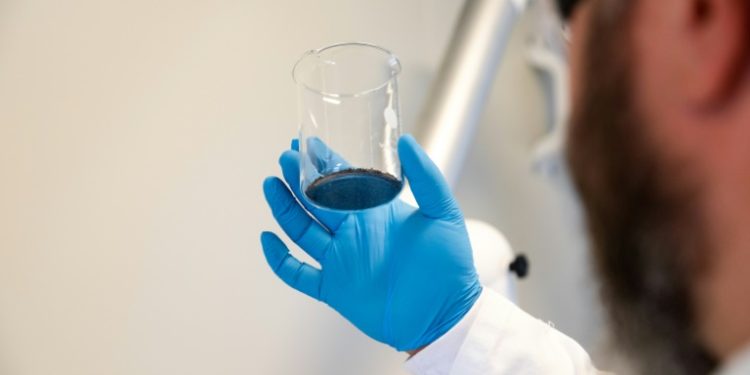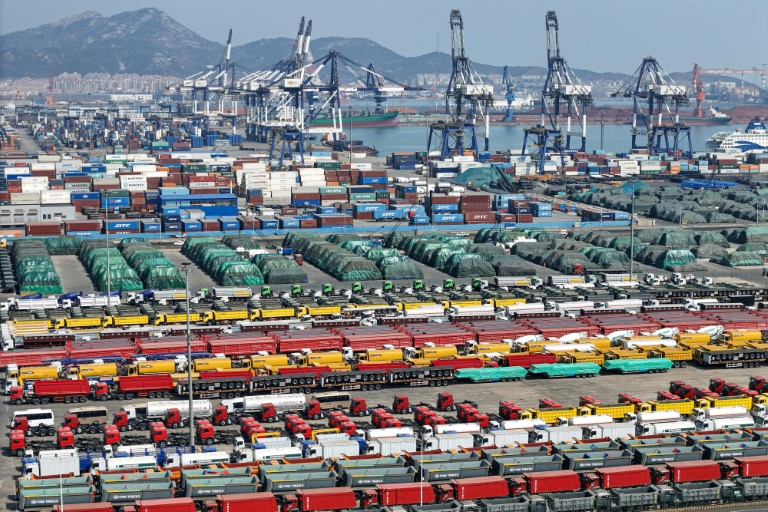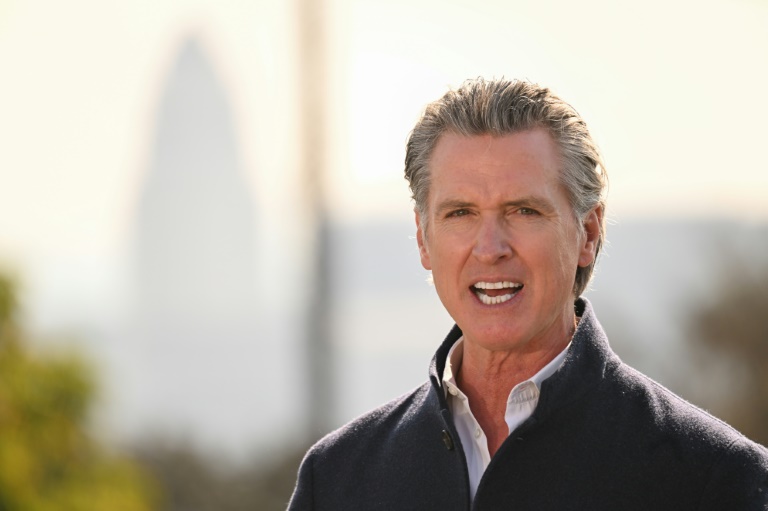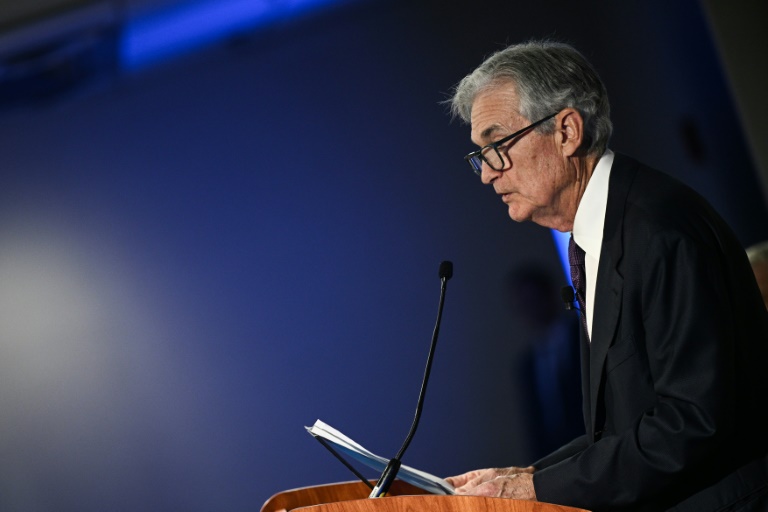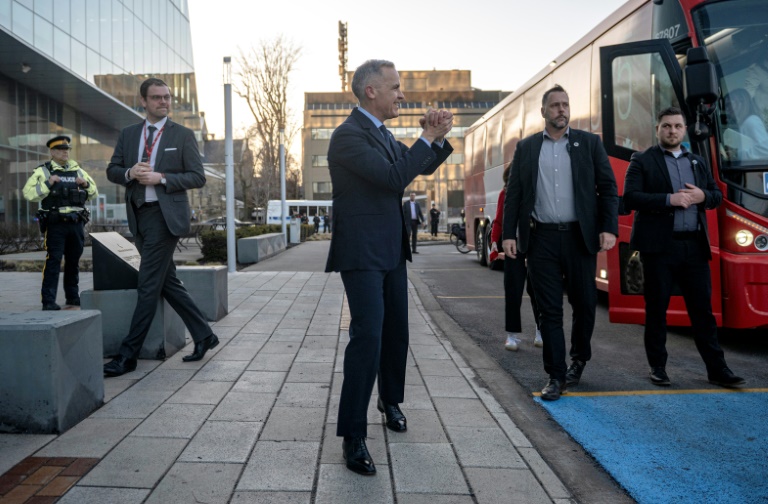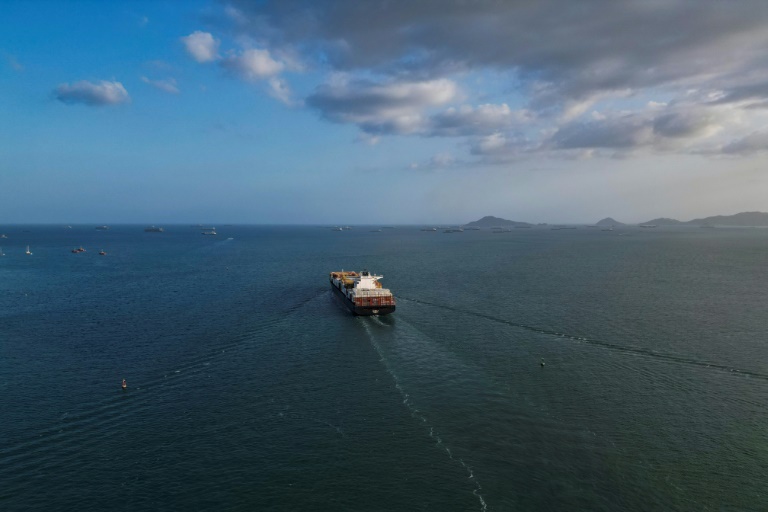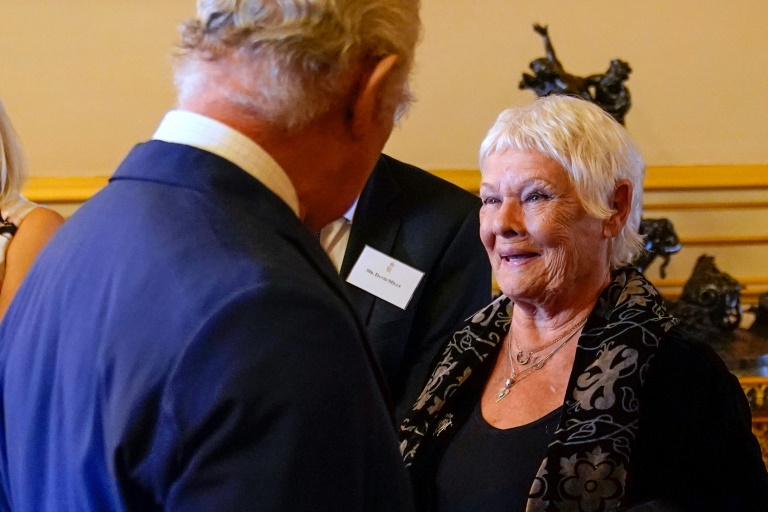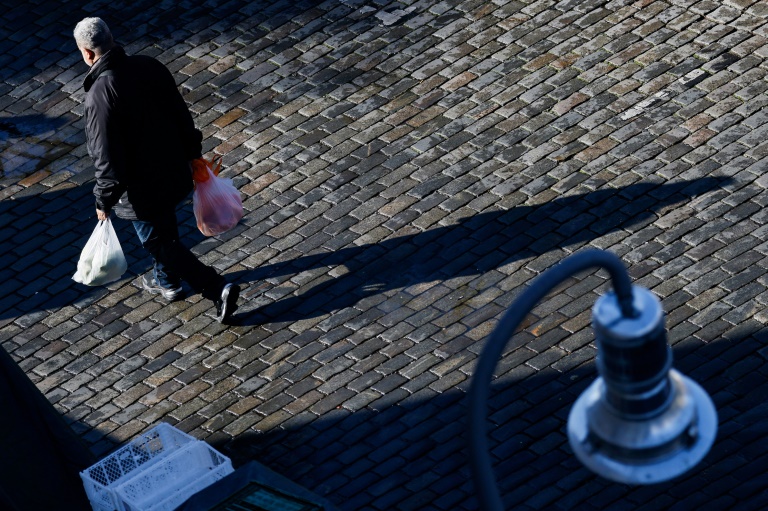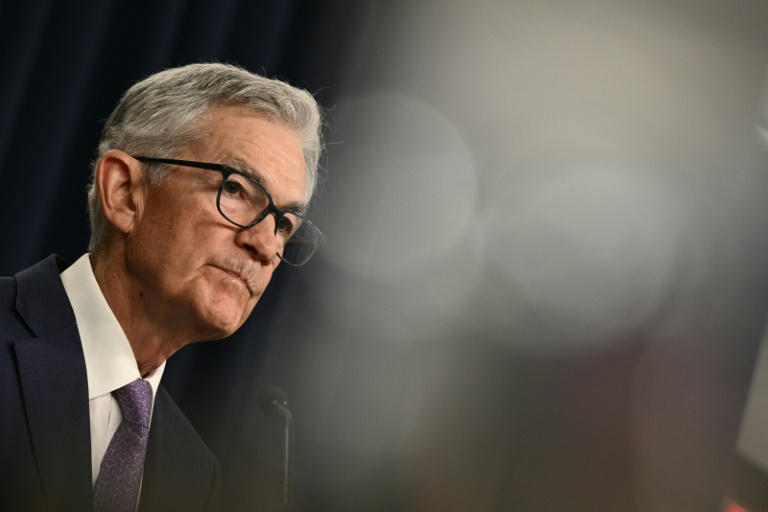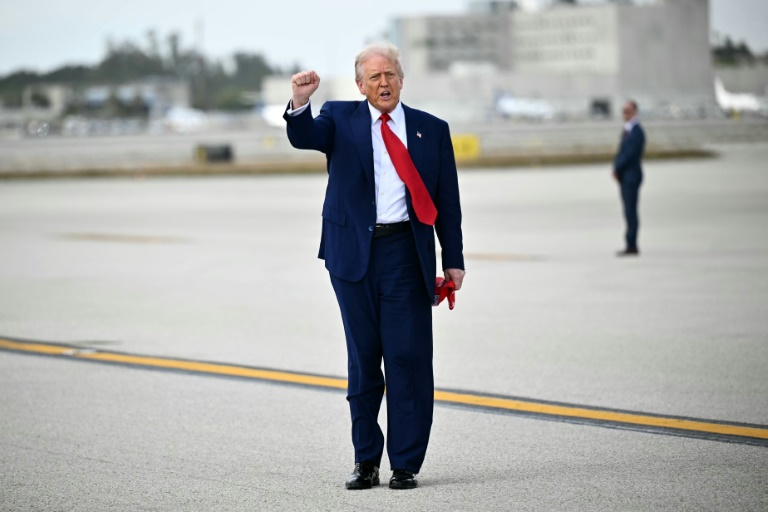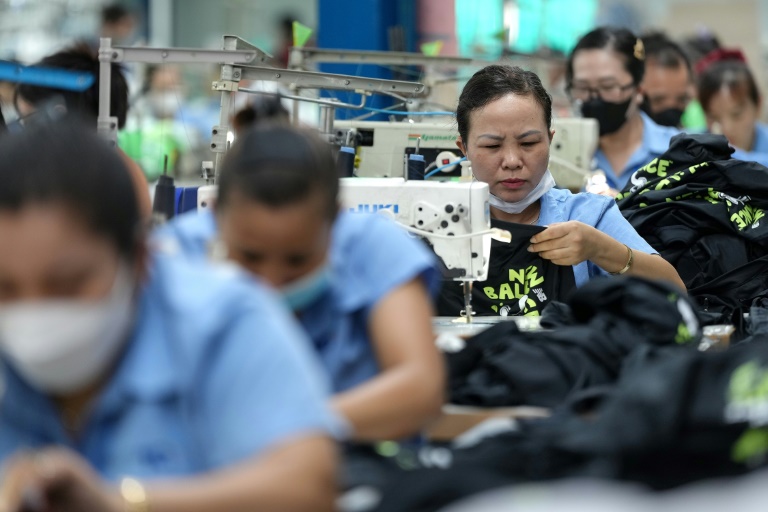Oslo (AFP) – Norwegian battery recycling firm Hydrovolt said Tuesday that it will expand internationally by opening a facility in France, boosting a nascent hub for producing electric vehicle batteries.
The facility will open in the town of Hordain in what is becoming known as France’s Battery Valley, as four major battery production facilities are set to open. “This is a big milestone for Hydrovolt,” chief executive Ole-Christen Enger said in a statement. “Entry to the French market will help us maintain our position as a leading European recycler of EV and industrial batteries,” he added.
A joint venture between aluminium giant Norsk Hydro and Swedish battery manufacturer Northvolt, Hydrovolt operates Europe’s largest recycling used or defective electric car batteries.
For electric vehicles to realise their full potential to reduce carbon emissions, recycling the batteries to reuse the valuable minerals they contain is important. Hydrovolt is able to take used batteries and turn them into a powder, or “black mass”, made up of nickel, manganese, cobalt, lithium and graphite that can be reused to make new batteries. “Recycling provides a new supply of battery-grade metals which is preferable to freshly mined materials,” the company said.
Hydovolt says it can recover up to 95 percent of the metals from used batteries for reuse. The EU has set recycling targets and the rush towards electric vehicles has created concerns about adequate supplies. The amount of the investment in the French facility was not given.
Hydrovolt said the facility, which could open as soon as next year, would at first serve as a collection point to discharge and dismantle batteries but is suitable for recycling operations. “It is key for us to establish a local presence across Europe to help build a circular battery value chain,” said Enger.
Northvolt slows expansion plans – Hydrovolt expects European demand for batteries to grow exponentially as EU nations and Britain move towards electric vehicles. Some 50 major electric battery factories, or “gigafactories”, have been announced in recent years in Europe as the region strives to avoid becoming fully dependent upon Asian manufacturers in the strategic industry of the future.
Meanwhile, Hydrovolt investor Northvolt said Tuesday that it will slow its international expansion plans and concentrate on its existing Swedish battery factory where scaling up has gone slower than planned. The company has a project for gigafactory in northern Germany worth several billion euros and another in Canada expected to cost five billion euros ($5.4 billion). It also has plans for a second Swedish factory.
“In the current situation, we are seeking to focus more on the core of our business,” chief executive Peter Carlsson was quoted as saying in the business daily Dagens Industri. “To go forward in Germany and Montreal, it is fundamental that Skelleftea is the mother factory on which the plan rests,” he added.
The first phase of the Skelleftea plant in northern Sweden is expected to hit full production in 2026 as opposed to 2023 initially and given that delay, the company has to review its plans, said Carlsson. He declined to specify a new development calendar but flagged a revision to its strategy in September.
The chief executive said all of Skelleftea’s production lines should be operating next year and that in 2026 should hit full production and be profitable. The automobile industry has recently been hit with slower demand growth for electric vehicles as well as sharper competition, which has hit battery projects. “We were a bit too aggressive in our expansion plan and that’s what we’re revisiting,” said Carlsson.
© 2024 AFP

